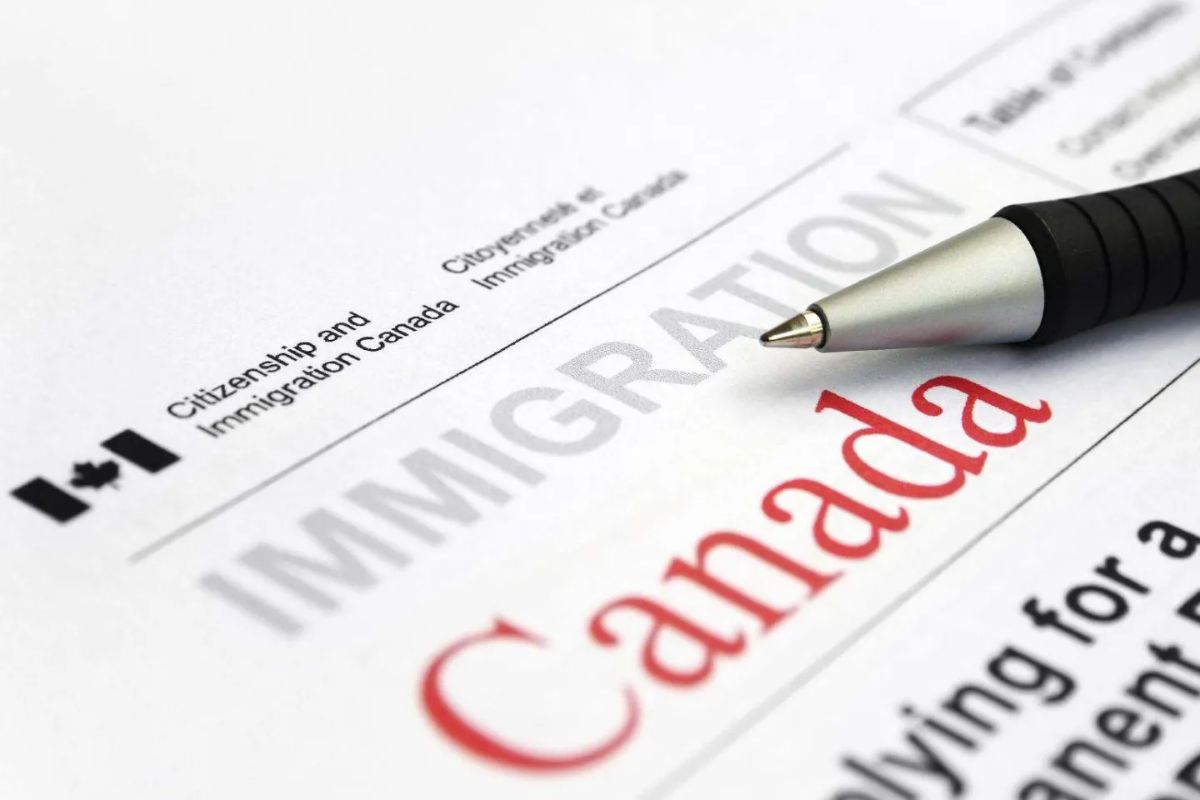Fall and the lead-up to the Christmas holiday period are typically busy seasons for developments from Immigration, Refugees and Citizenship Canada (IRCC) and Canada’s immigration system in general. As we approach the end of the year, it’s essential to stay informed about the potential changes and updates in Canada’s immigration landscape.
Key Immigration Developments to Watch
Here, we highlight some key areas to watch:
1. Ministerial Mandate Letter and Immigration Policy
Prime Minister Justin Trudeau may issue a new Ministerial Mandate letter in the coming months. These letters serve as instructions to ministers, guiding the government’s objectives for their term. In the context of Canada’s immigration, the mandate letter to the Immigration Minister plays a pivotal role in shaping immigration policy and the actions of the IRCC.
While there is no obligation for a new mandate letter following a cabinet shuffle, it can significantly influence the direction of Canada’s immigration policy.
The previous mandate letter emphasized welcoming newcomers under the Immigration Levels Plan to support family reunification and bolster economic growth in the post-pandemic era.
2. Immigration Levels Plan 2024-2026
IRCC is legally required to release its Immigration Levels Plan by November 1st in non-election years. This plan outlines the targets for permanent resident admissions, categorized by immigration class (economic, family, or refugee/humanitarian) and specific programs.
The upcoming 2024-2026 plan’s release will shed light on potential changes in admission targets, with Immigration Minister Marc Miller expressing the likelihood of maintaining or increasing immigration targets.
3. Auditor General’s Report on Application Processing
The Office of the Auditor General (OAG) is set to release an audit by year-end, evaluating IRCC’s processing of permanent resident applications. This audit aims to assess the efficiency and promptness of processing, aligning with IRCC’s objectives to support Canada’s economy, reunite families, and assist humanitarian applicants.
The audit’s focus is on permanent resident applications, excluding non-permanent resident applications.
Also Read: How to Immigrate to Canada Through Express Entry: A Step-By-Step Guide
4. Express Entry and Focus on STEM
Express Entry, a key pathway for economic immigration to Canada, underwent significant changes in 2023. New categories for category-based selection draws were introduced, emphasizing specific candidate attributes over the Comprehensive Ranking System (CRS) score.
Notably, STEM (Science, Technology, Engineering, and Mathematics) professions have received heightened attention, with up to 31 per cent of Express Entry invitations expected to target individuals with STEM experience.
5. Parents and Grandparents Program (PGP)
IRCC invites parents and grandparents of Canadian citizens and permanent residents to apply for family class sponsorship. In recent years, the PGP details have been announced in the fall.
The selection process for the PGP in 2023 remains uncertain, but the Immigration Levels Plan indicates an increase in admissions, rising to 36,000 by the end of 2025.
6. International Students and Trusted Institutions
Canada aims to welcome 900,000 international students in 2023. IRCC and Global Affairs Canada are reviewing the International Student Program (ISP). Expect details on the Trusted Institutions Framework, a two-tier model for study permit issuance, and measures to strengthen ISP integrity to be unveiled in the fall.
Additionally, IRCC will reevaluate the policy allowing certain students to work full-time, which is set to expire on December 31.
7. Tech Talent Strategy
IRCC introduced a Tech Talent Strategy to attract newcomers in tech occupations. An Innovation Stream under the International Mobility Program will enable employers to hire foreign workers without a Labour Market Impact Assessment (LMIA).
This stream will issue employer-specific work permits for up to five years and open work permits for select, in-demand occupations. IRCC is also working on a dedicated pathway for digital nomads seeking employment in Canada.
Stay tuned for these developments as they unfold in the coming months, shaping Canada’s immigration landscape in 2023 and beyond.
Follow and connect with us on Facebook, Twitter, LinkedIn, Instagram and Google News for the latest travel news and updates!





